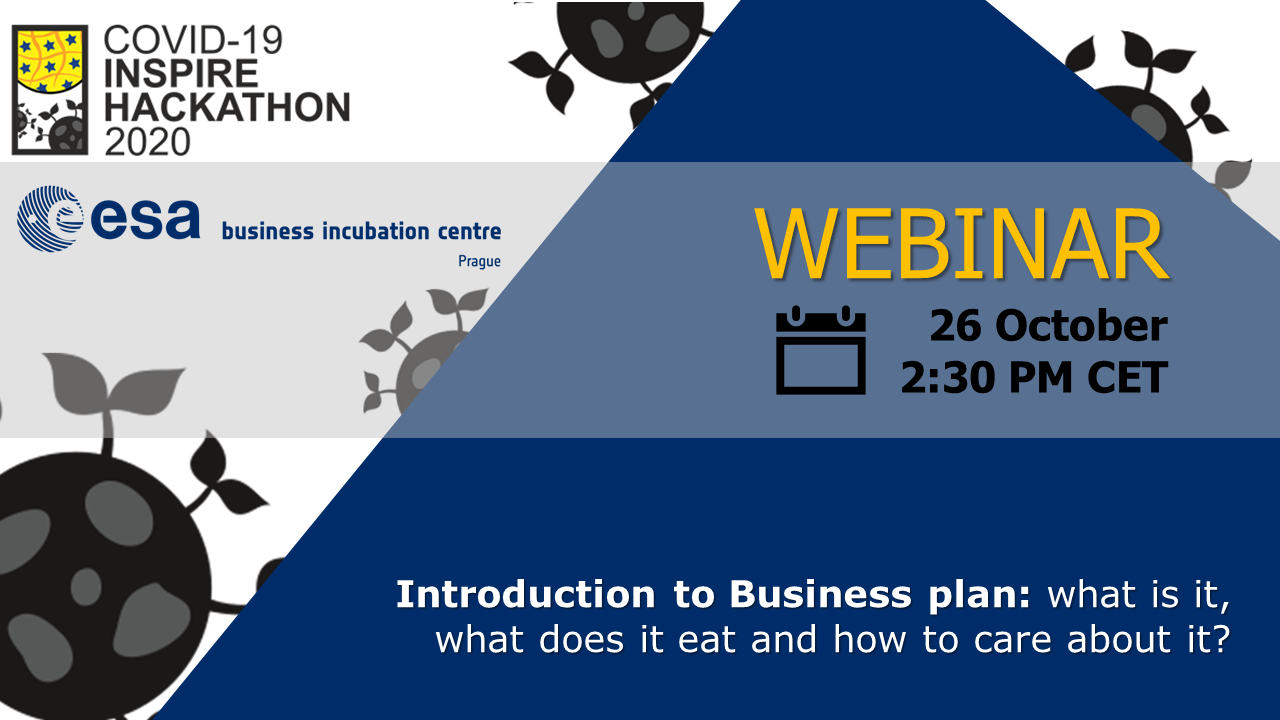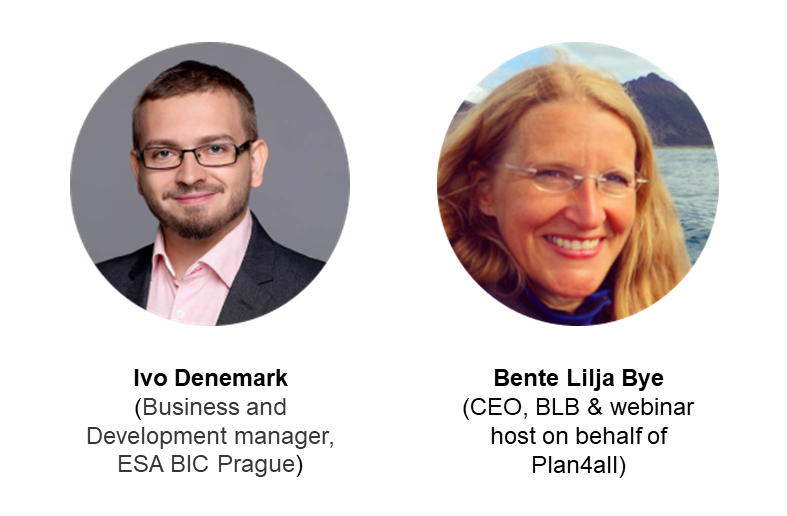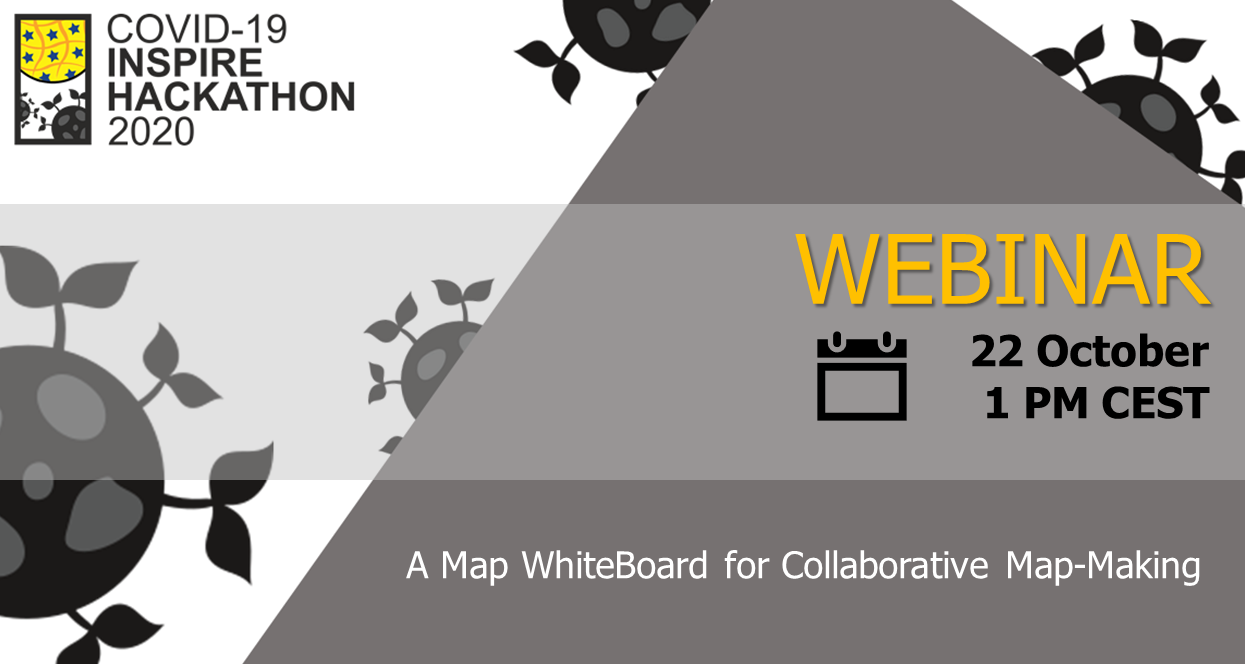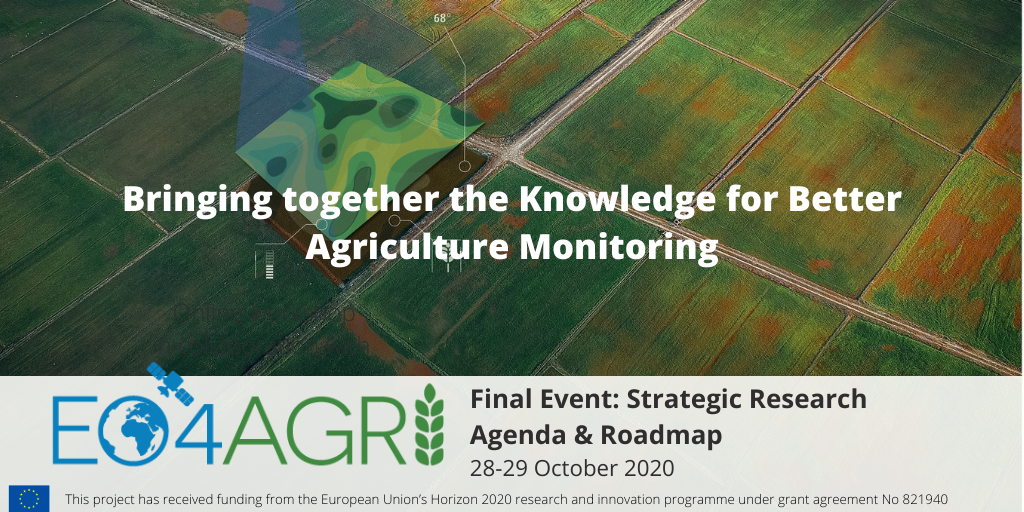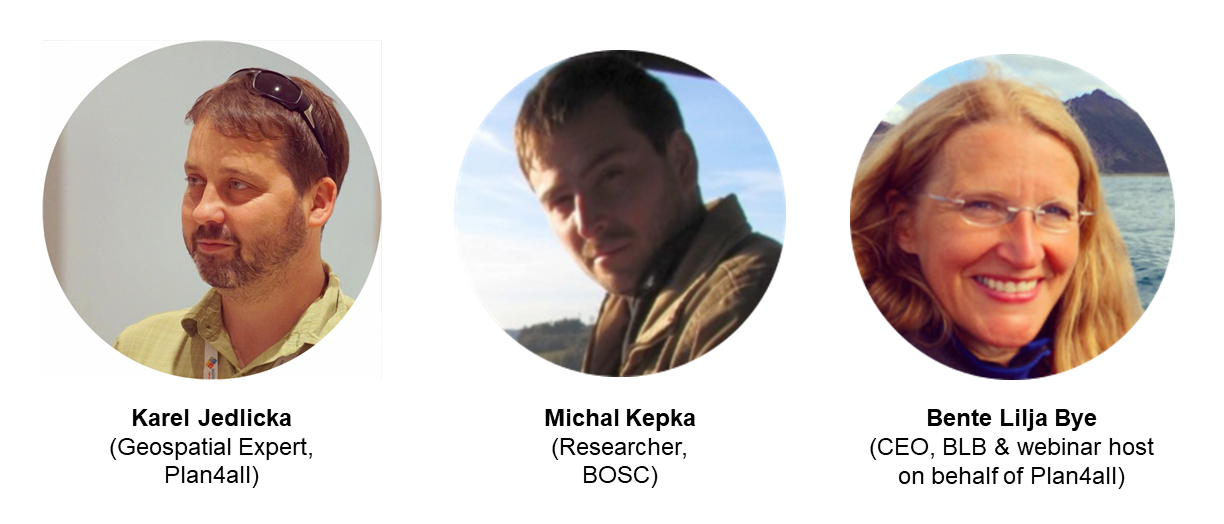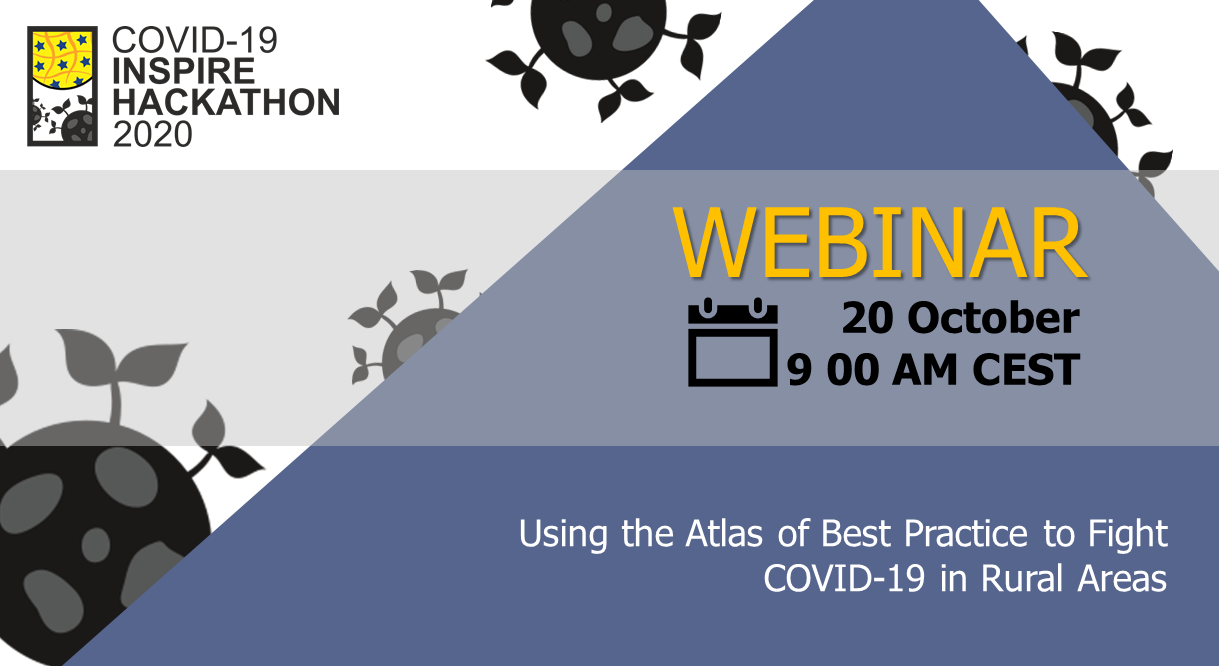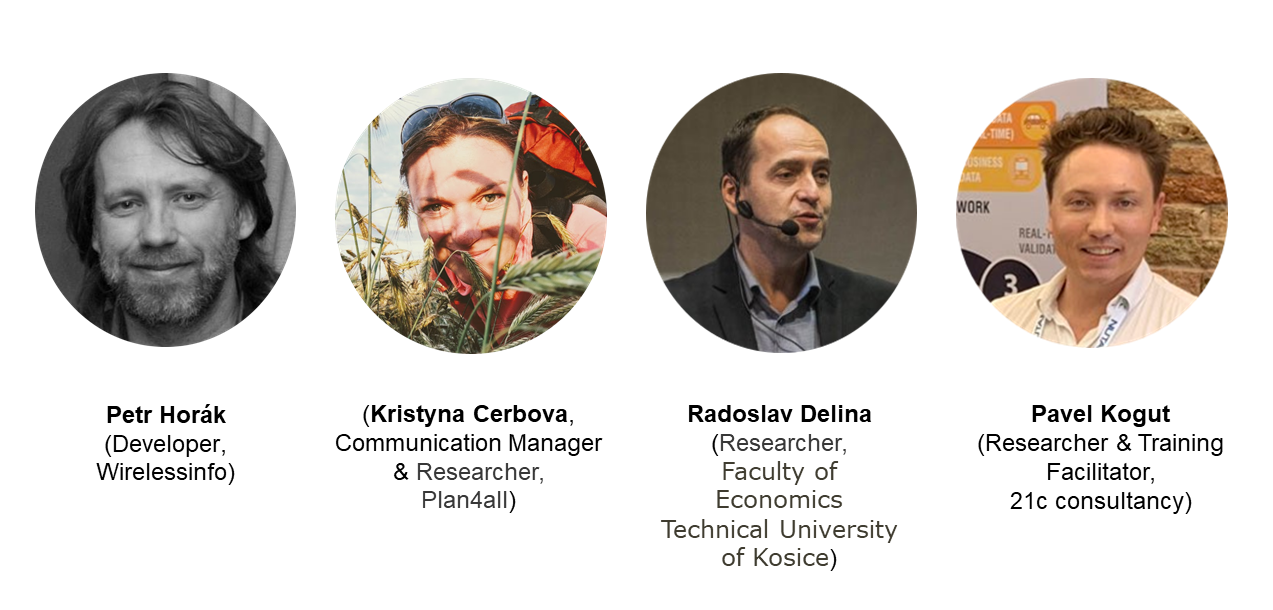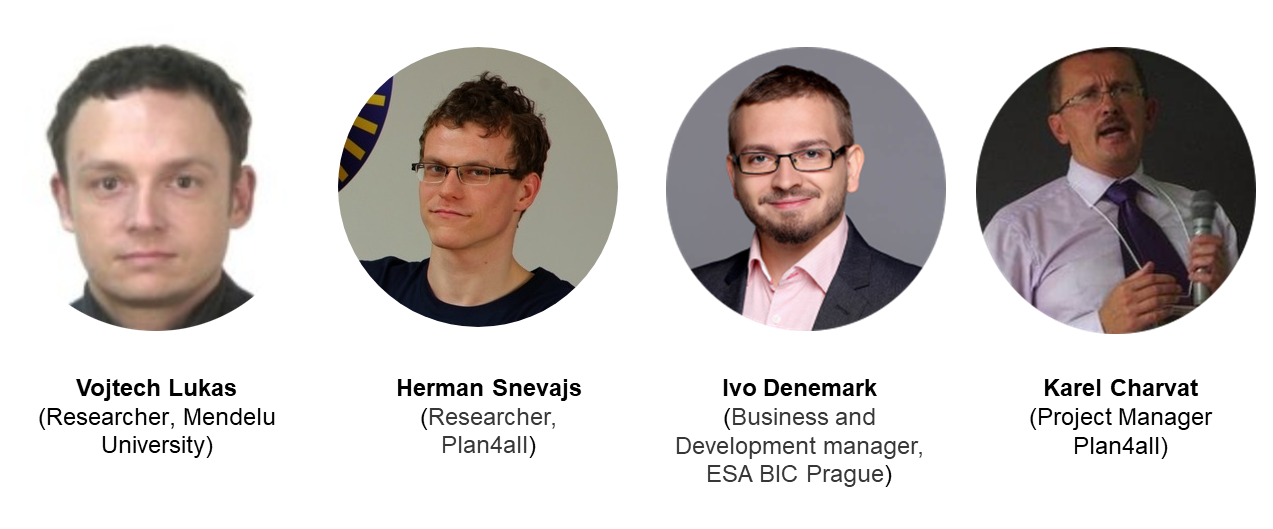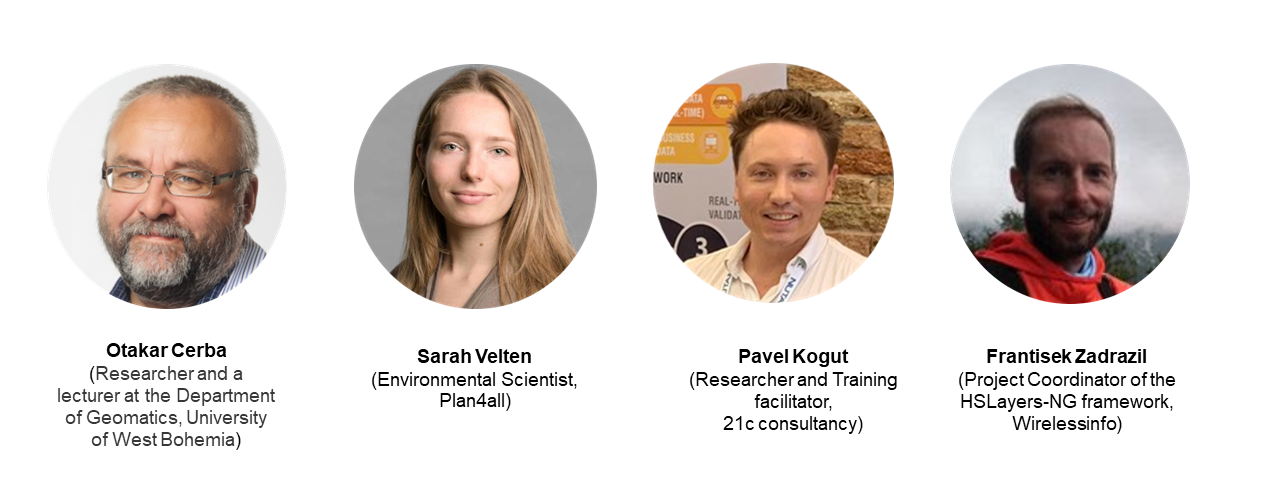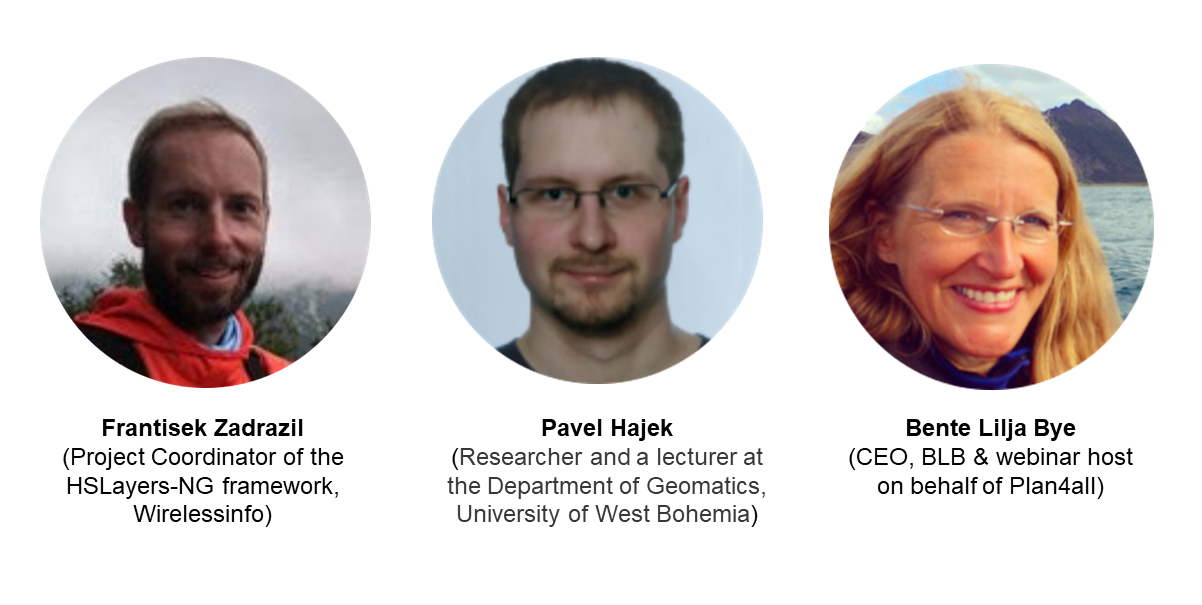Did you miss another webinar held in the frame of EUXDAT Webinar Series? No worries, we have a recording for you so that you can watch it now!
Please, helps us to get your opinion on the EUXDAT project.by filling in the questionnare.
Webinar Agenda:
EUXDAT relevance towards Farm to Fork and Towards a Green Cap. Karel Charvát (CoO)
The Farm to Fork Strategy, s to address the challenges and accelerate the transition to sustainable food systems, to ensure that the economic, social and environmental foundations of food and nutrition security are not compromised for current and future generations. To be possible implement challenging goal of Farm Fork Strategy, there will be necessary to introduce effective knowledge management. We will share our experience, how new technologies can help with implementation of such knowledge management system.
Crop Climate Risk Analysis, Monitoring, and Prediction. Nicoletta Addimando, Christoph Ramshorn (meteoblue)
We combine local climate data with information on a crop’s susceptibility to drought and frost in different growth stages. This allows us to analyse which crops are best suited for a location as it is affected by climate change. We can also monitor crop weather risks as the current growing season unfolds and predict crop weather risks for 5 to 14 days.
Discussion and feedback analysis, Karel Charvát (CoO), Jorge Lopez (ATOS)

